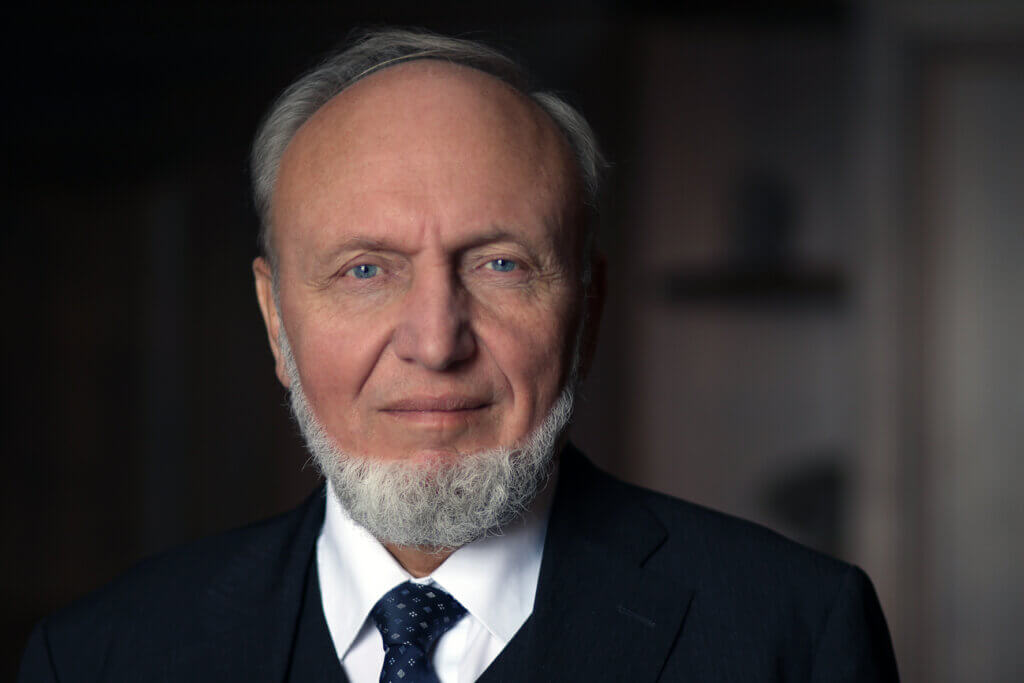
German economics professor Hans-Werner Sinn is known for calling a spade a spade. Now the renowned economist is opening eyes about the energy policy of the Green Party.
German star economist Hans-Werner Sinn accuses the Greens of hiding the true costs of the energy transition. “From the Green side, a narrative is being spread that could hardly be more false and is dishonest at its core.”
The former head of the well-known Munich-based Ifo Institute told the newspaper “Welt” on Tuesday.
Truth is different
Indeed, the Greens say “that by using green energy we would kill two birds with one stone: We help the climate, and it’s cheaper than before,” the economics professor said.
But the truth, he said, is different: “By forcing more expensive energy by banning the cheaper alternatives, we will decimate industry and suffer massive wealth losses.”
Cheap energy as the key
Measures such as the end of nuclear energy, the ban on the internal combustion engine and the end of oil and gas heating prove that the energy turnaround, as is being pursued by Germany, but also in parts of Switzerland, will be expensive. But Germany needs cheaper energy, Sinn stressed.
In order to get a grip on the energy crisis, Germany must “continue to operate the nuclear power plants that are still running and restart those that have already been shut down,” he said. After all, Germany is the country where the foundations for nuclear physics were laid.
Sinn criticized that it is precisely in this country that this technology is being abandoned. If nuclear energy is becoming dangerous, it is because others are using it with less know-how than Germany, the well-known economist warned.
Switzerland is vigilant
Sinn does not expect inflation to fall permanently. “Unfortunately, experience from the seventies tells us to expect further waves. In perspective, there are forces that are rebuilding inflation. After all, the gas shortage for next winter is already programmed,” the economist said.
The price-wage-price spiral is already taking hold, he said, as seen in agreements and demands from unions. “And the states will let new inflationary debt steam into the system, because inflation makes the debt fall relative to the inflationary inflated national product.”
So with all of that, Switzerland needs to watch out.
Sovereign debt a hurdle
Sinn, however, also praises the European Central Bank for finally getting its act together in the fight against inflation. But “it should have acted last year, because even then, commercial producer price inflation eclipsed anything we’ve seen in the history of the Federal Republic.”
Sinn went on to criticize that the ECB would implement further interest rate hikes, but it would not drive up long-term interest rates to the point where countries would stop their inflation-driving debt orgies.
Black swans
The economics professor is something like the good economic conscience in Europe, and Sinn always speaks plainly. Anyone who wants an analysis of the state of the global economy need only watch the professor’s legendary Christmas lectures.
For those interested, muula.ch recommends watching the recording, which is sure to make many economic connections clear.
In the latest and his last edition of the Christmas Lecture, the 74-year-old Sinn discusses “black swans”, i.e. events that were considered unthinkable only a short time ago.
UK on the wrong track
Logically, the coronavirus pandemic, the war in Ukraine, galloping inflation and the energy crisis marked such rare events.
But Sinn also commented on the “Italian conditions” in Great Britain, the country that was actually the stronghold of stability of capitalist conditions.
There, in Great Britain, an unprecedented flight of capital was taking place and governments were changing, as in Italy, the star economist clearly put his finger in the wound – analogous to the direct criticism of the energy policy of the Greens.
Sinn, however, even rebukes the economists themselves, because the models of economic science often analyze periods of time that are much too short and the “black swans” are being left out.
03.01.2023/kut./ena.




